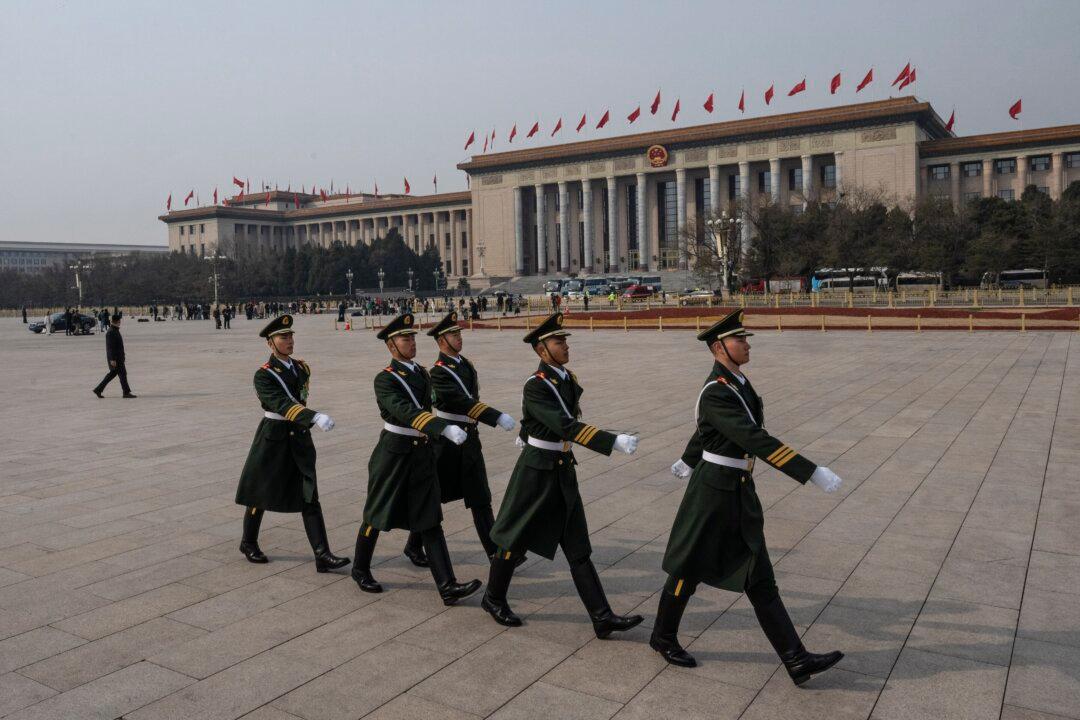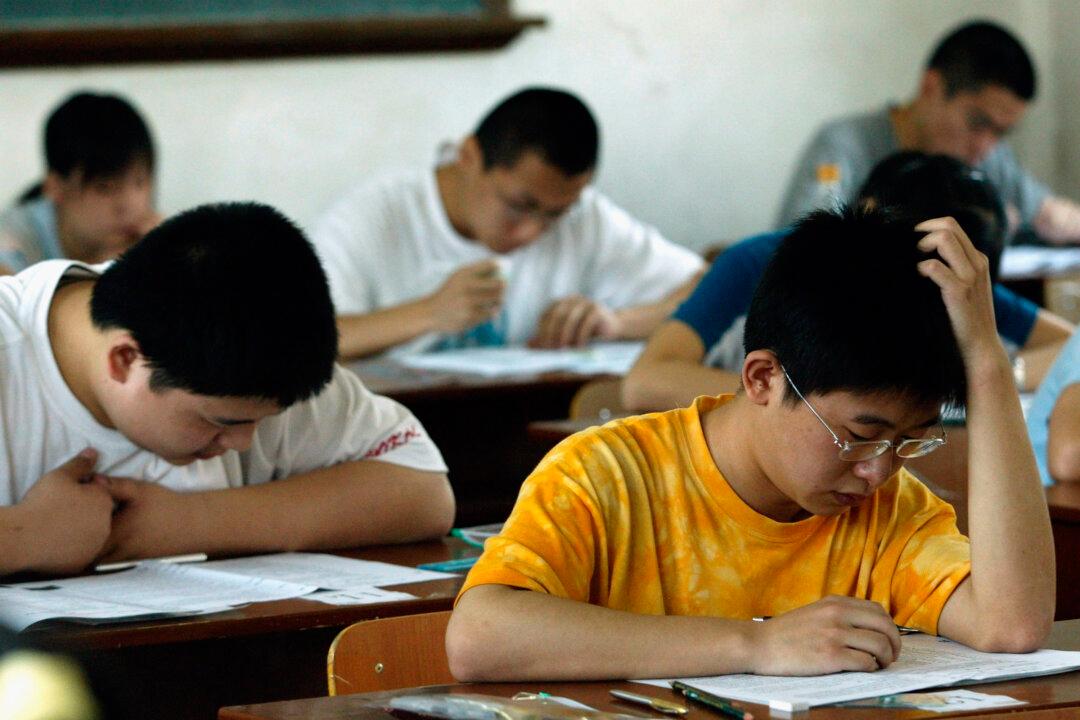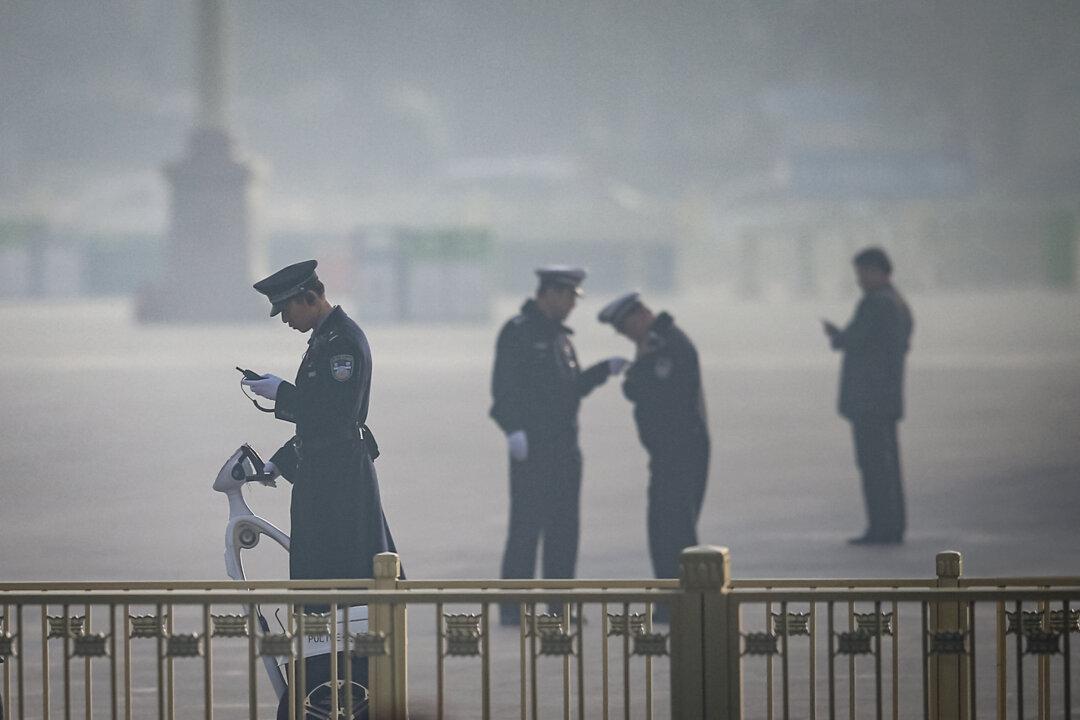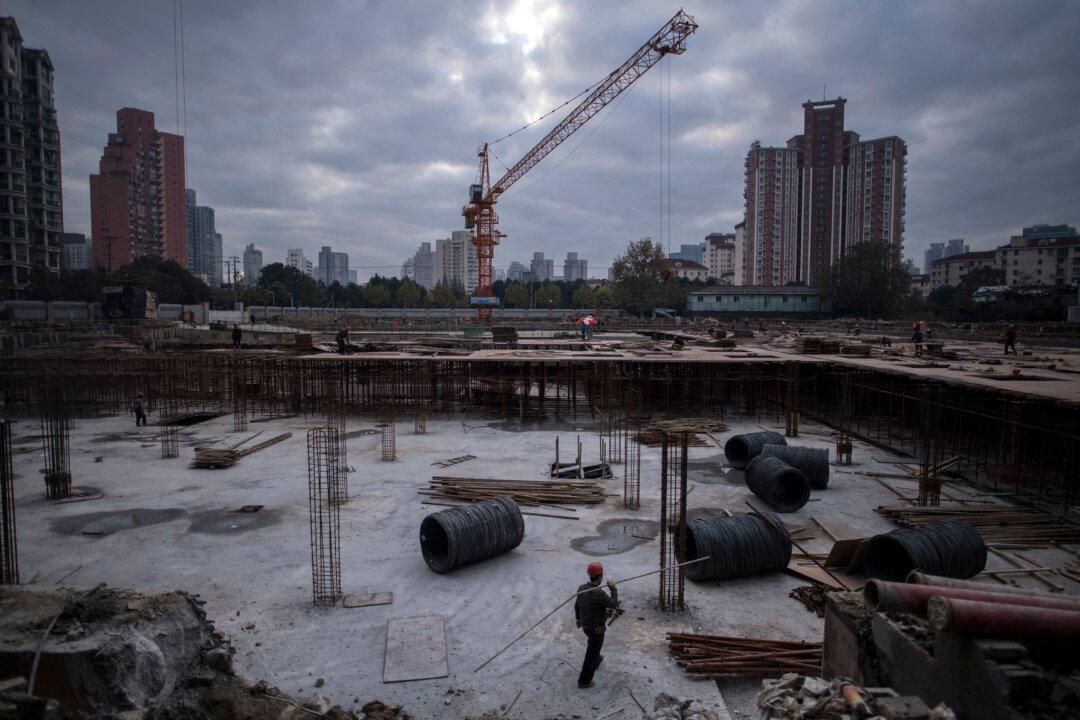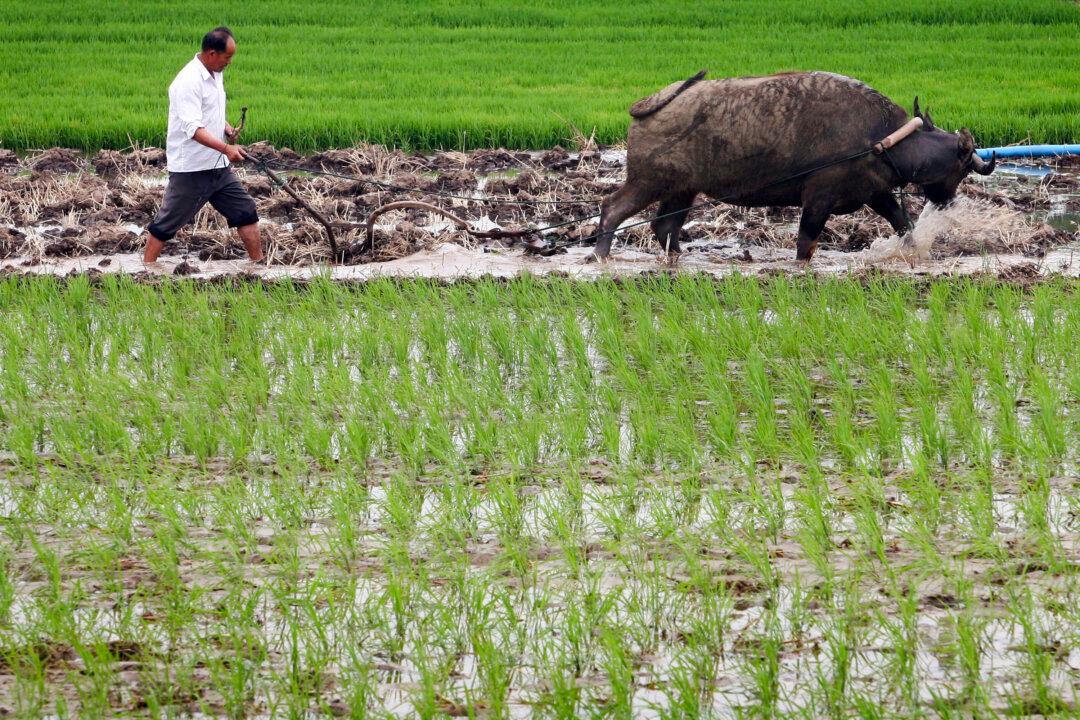Commentary
After more than half a year of delay, China’s State Council finally announced on May 1 that the Chinese Communist Party (CCP) Central Committee’s third plenary session will be held in July. The focus will be on further comprehensively deepening reform, advancing China’s modernization, and promoting integrated development in the Yangtze River Delta.
